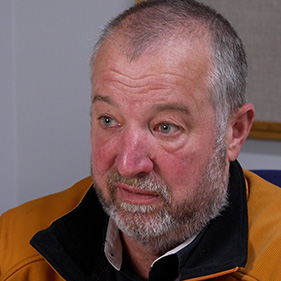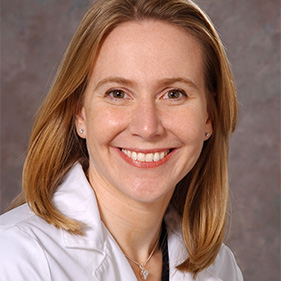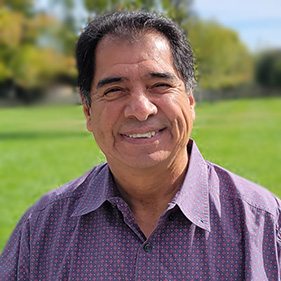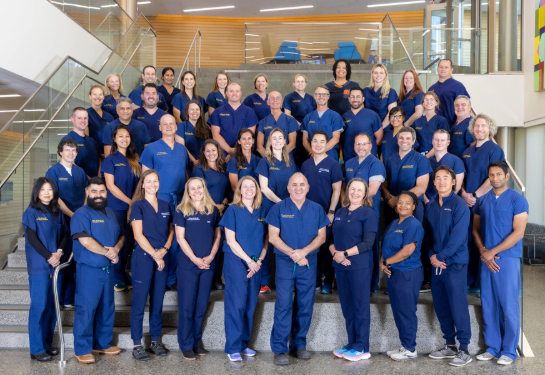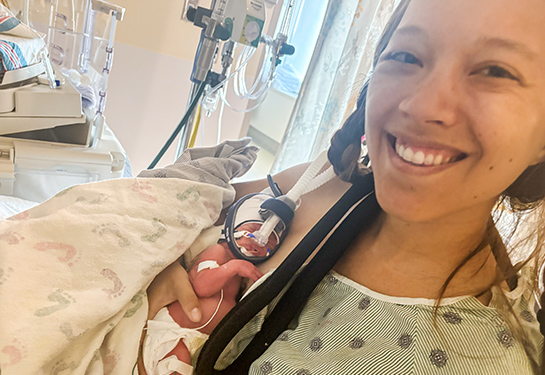Treating addiction for what it is — a chronic disease
Emergency Department counseling program sees addiction as treatable disease, not ‘someone with a problem’
What is addiction?
Some people consider addiction to be a personal weakness or a moral failing. But, for people who have struggled with addiction or been close to someone struggling with addiction, it is something entirely different.
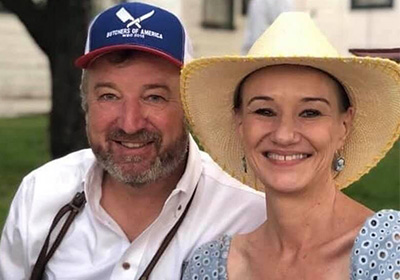
“Addiction is a disease,” said Danny Johnson, whose wife Kathy died from alcoholism. “You wouldn't turn your back on someone who was struggling with cancer, nor should you turn your back on someone struggling with addiction.”
Kathy Johnson was a leading figure within the Sacramento community. Kathy and Danny Johnson owned Taylor’s Market, a gourmet grocery store located in the residential neighborhood of Land Park.
“Kathy had a late in life addiction issue,” Danny Johnson explained. “It started as having a glass of champagne to settle her stomach. It increased to two glasses, then it was half a bottle and eventually a whole bottle.”
Over the last eight years of her life, Kathy Johnson struggled with her addiction. She went to rehab multiple times and fell into a continuous cycle of alcohol addiction.
“Kathy would often share that her addiction was bigger than she could handle,” reflected Danny Johnson. “In the end she was right, and it ultimately led to her death.”
Addiction is a disease. You wouldn't turn your back on someone who was struggling with cancer, nor should you turn your back on someone struggling with addiction.”—Danny Johnson
Following Kathy’s death, Danny Johnson is now working to raise awareness about addiction and help others struggling with its effects.
“There is a lot of shame associated with addiction and people with the disease need to know that there is hope,” added Danny Johnson. “I’m sharing my story to get people talking about addiction and start looking at it as a disease that is treatable rather than a moral failing.”
Substance Use Navigator Program
To better address addiction, the Department of Emergency Medicine at UC Davis Health has a Substance Use Navigator program, which began as a two-year pilot in August 2015. The program has positioned UC Davis Health as a leader in California and across the nation in addressing addiction.
“Addiction is highly treatable and success rates are much better than other chronic illnesses,” explained Aimee Moulin, associate professor of emergency medicine and director of addiction medicine. “Unfortunately, often patients are only given behavioral interventions. But the best treatment is behavioral intervention combined with medications, just as we treat other diseases like diabetes or hypertension.”
Addiction is highly treatable and success rates are much better than other chronic illnesses.” —Amiee Moulin
UC Davis Health’s Substance Use Navigator program identifies patients with substance use disorders in the Emergency Department. Providers then assign them to addiction specialists who start them on medications, which significantly reduce withdrawal symptoms. Once stabilized, patients are then connected with one of the department's patient navigators. The navigators are certified drug and alcohol counselors who connect them with local rehabilitation programs and can customize treatment plans.
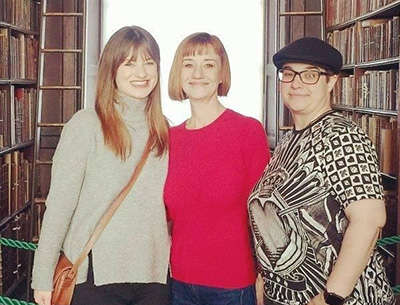
There are four certified drug and alcohol counselors working in UC Davis Health’s Emergency Department as patient navigators. One of them is Tommie Trevino, who has been part of the program since its inception.
“Alcohol and drug addiction are not really well understood,” Trevino said. “It has a stigma. There is a real need for patience and understanding, and people seeing addiction as a disease rather than someone with a problem. As a patient navigator, I’m here to establish a relationship with them and give them hope. Once we have built that trust, we can guide them through accessing resources and provide a treatment plan with options to support their push to change.”
As a patient navigator, I’m here to establish a relationship with them and give them hope. Once we have built that trust, we can guide them through accessing resources and provide a treatment plan with options to support their push to change.” —Tommie Trevino
Following Kathy's death, the Johnson family has generously given back to support the Substance Use Navigator program because they believe in the work the team is doing to help patients in their recovery journey.
To support and donate to the Substance Use Navigator (SUN) Program Fund, visit the Substance Use Navigator online giving page.


